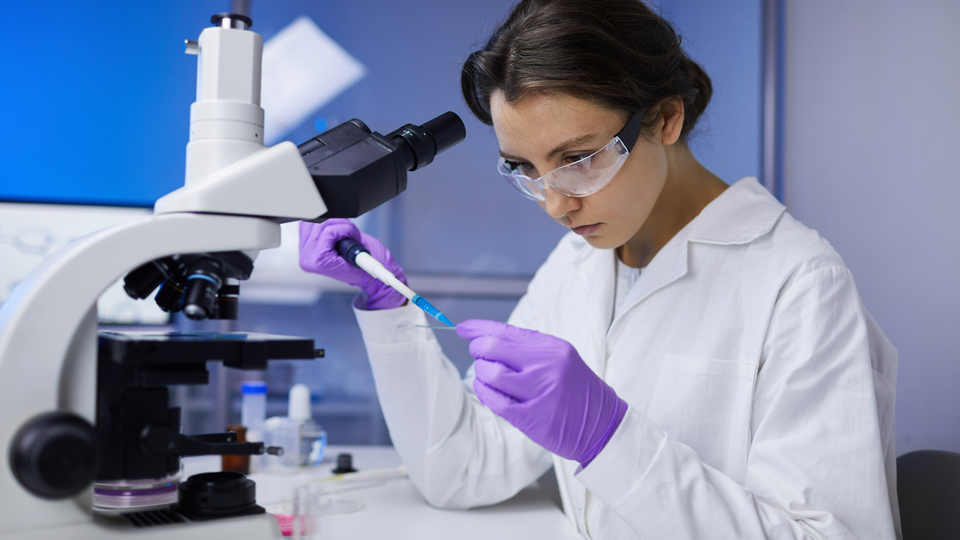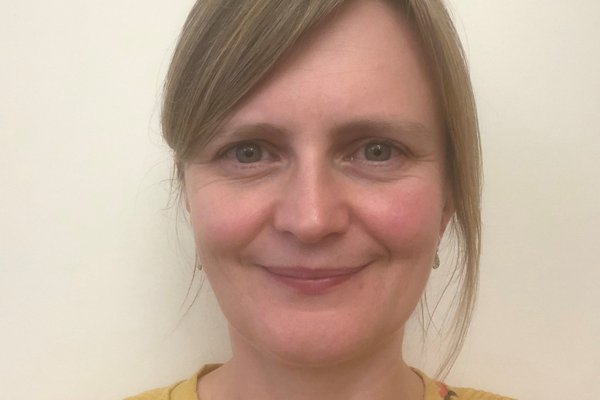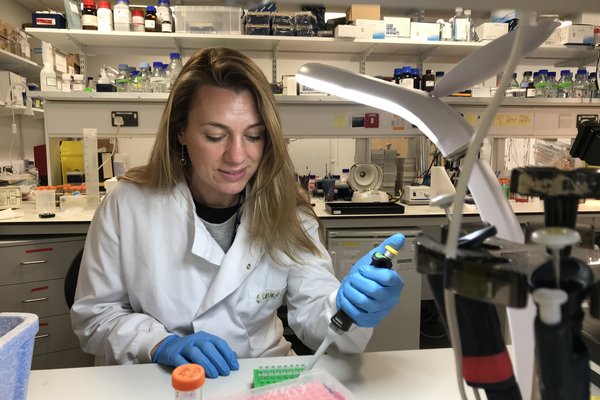
Can a new technique help detect, diagnose and treat gynaecological cancers faster and more accurately?
Wellbeing of Women and the British Gynaecological Cancer Society have invested £30,000 in Dr Maria Paraskevaidi’s research to develop a faster and more accurate diagnosis and treatment of cervical and vulval cancer



